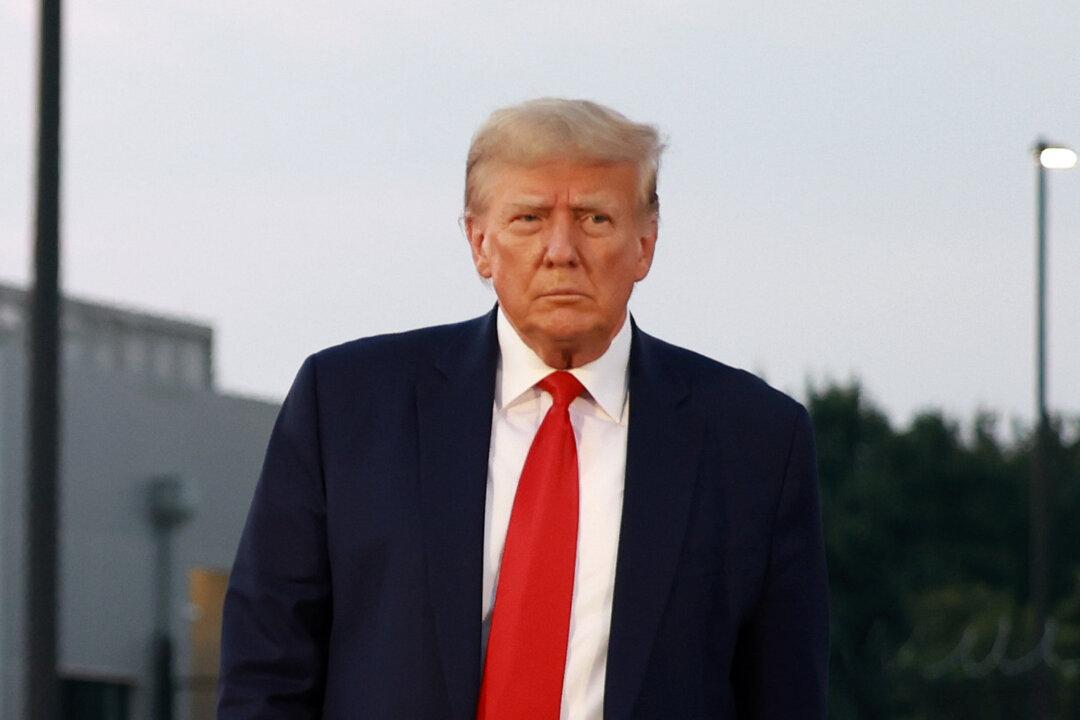Arizona Secretary of State Adrian Fontes made it clear on Wednesday that he believes former President Donald Trump cannot be barred from pursuing a presidential bid in the state, despite what a pair of prominent liberal and conservative legal scholars have claimed.
Mr. Fontes, who oversees Arizona’s elections, weighed in on the matter during a recent podcast episode titled “The Gaggle,” hosted by The Arizona Republic and azcentral.com.





